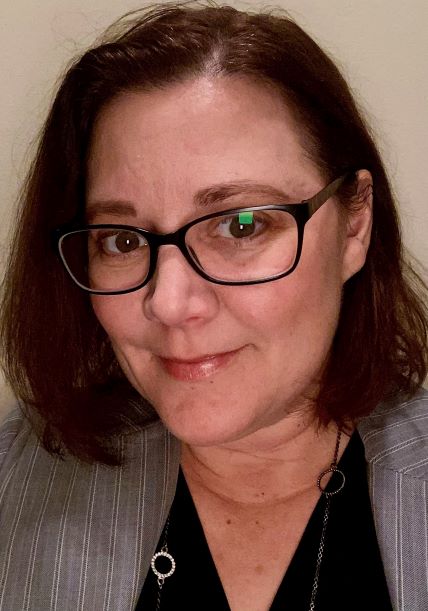
Detailing Documentation: Supporting Maintenance Therapy
AOTA Members: $29.95/Nonmembers: $34.95
Earn up to 1.50 contact hours
Program description
The Jimmo vs. Sebelius settlement clarified that coverage of skilled therapy services in the skilled nursing facility, home health, and outpatient therapy settings does not turn on the presence or absence of improvement, but rather on the need for skilled care. This settlement opened the door to support reimbursement of skilled occupational therapy services to maintain a client’s current condition or prevent or slow deterioration of their condition. Many occupational therapy practitioners, however, are unsure of how to apply the Center for Medicare & Medicaid Services' clarification to effectively deliver and document skilled maintenance therapy plans of care that support reimbursement.
Learning objectives
- Distinguish between rehabilitation, maintenance therapy, and non-skilled maintenance programs
- Identify key criteria for skilled maintenance therapy provision
- Effectively document maintenance therapy treatment to support reimbursement
Earn 1.5 Contact Hour
Sponsored by

Speakers
Constance Sakellaropoulos, MOTR/L
Constance Sakellaropoulos obtained her master’s degree in Occupational Therapy from Nova Southeastern University in 1999, and for the majority of her career has worked to help therapists and businesses balance regulatory compliance against the need to provide skilled and ethical rehabilitative care. These programs have included Corporate Compliance Programs, Documentation Protocols, HIPAA Privacy & Security, and Comprehensive Emergency Management Planning (CEMP) policies. She is a frequent guest speaker providing education and training for best practices in documentation and understanding Medicare regulatory requirements, including care under the No Improvement Standard (Maintenance Therapy). She also represents facilities and helps therapists prepare reports to respond to Targeted Probe and Education (TPE) and Additional Documentation Requests (ADRs) with a < 10% error rate year over year.

Kim Karr OTR/L, RAC-CT, CPHQ
Kim Karr is an occupational therapist and certified professional in healthcare quality with 22 years’ experience in a variety of acute and post-acute care settings as well as 11 years successfully addressing therapy claim audits and denials. Kim has extensive experience educating on a variety of therapy-related topics including therapy coding, regulatory requirements, payment policy, and documenting. She currently works for AOTA’s Regulatory Affairs department as the manager for coding and payment policy.

Julie Lenhardt
Julie Lenhardt is the Manager of Reimbursement and Regulatory Policy for the American Occupational Therapy Association. She monitors payment policy across the spectrum of payers including Medicare Part B, commercial insurance, Medicare Advantage, and Medicaid and writes comment letters on health care policy issues that affect access to and payment for occupational therapy services, with a focus on private practice settings. In addition, Ms. Lenhardt participates in meetings with federal agencies including the Centers for Medicare and Medicaid Services (CMS) and commercial insurance companies and answers member questions concerning payment policies and interpretation of those policies. Ms. Lenhardt has worked on health policy issues including coding, documentation, and utilization management at the national level for the past 15 years and spent 10 years in billing and administration at the clinic level. She holds a BA in Biology from Randolph-Macon College and is currently working on her certification as a Managed Healthcare Professional from AHIP.
